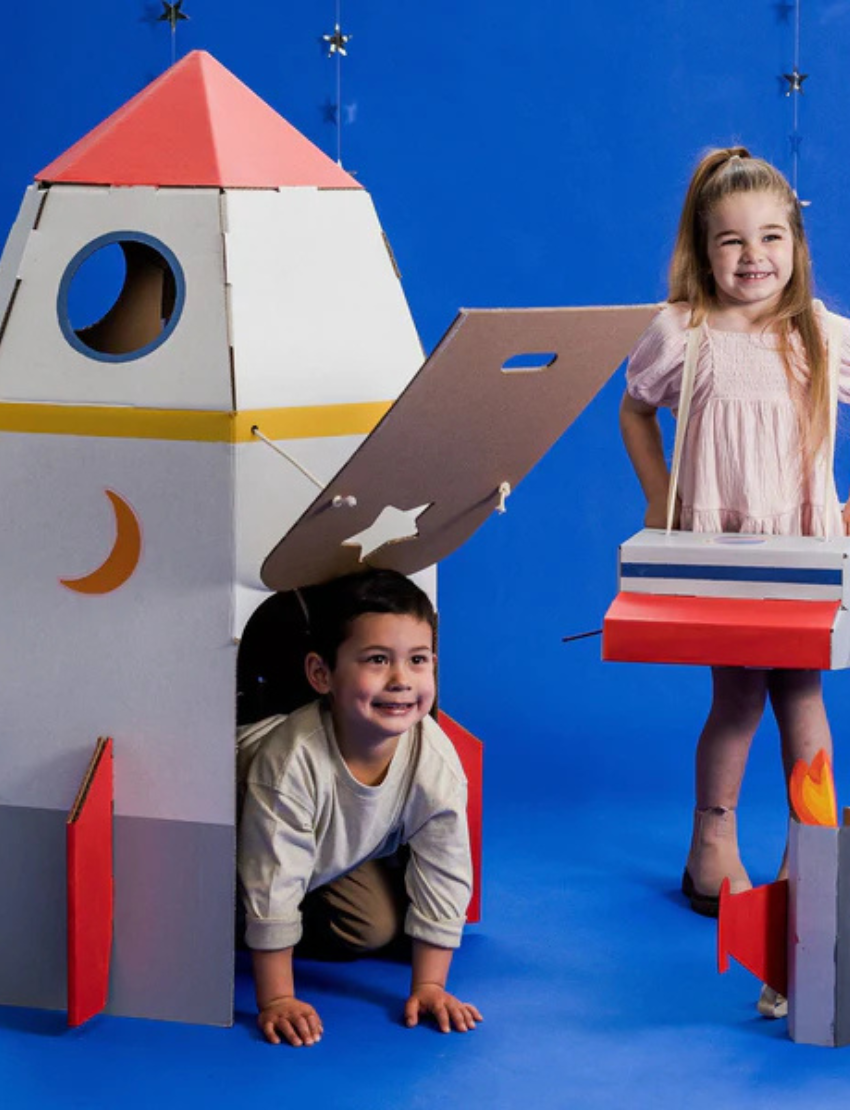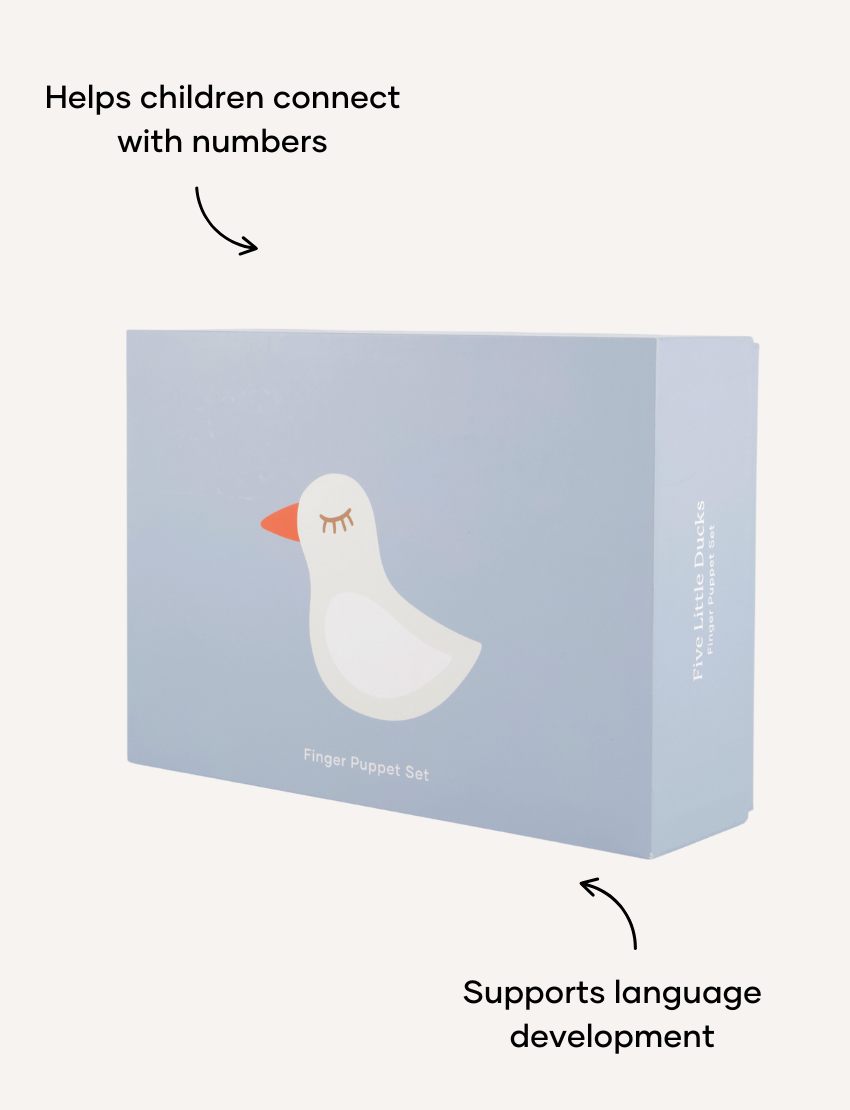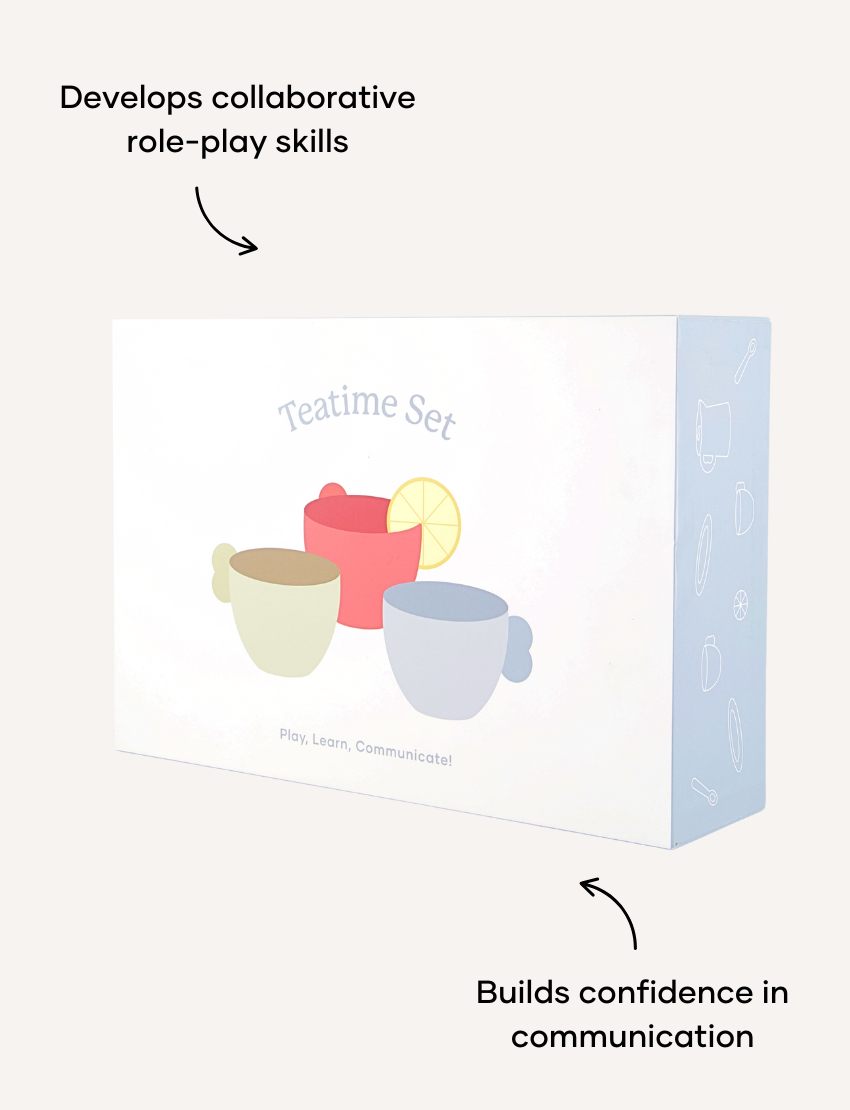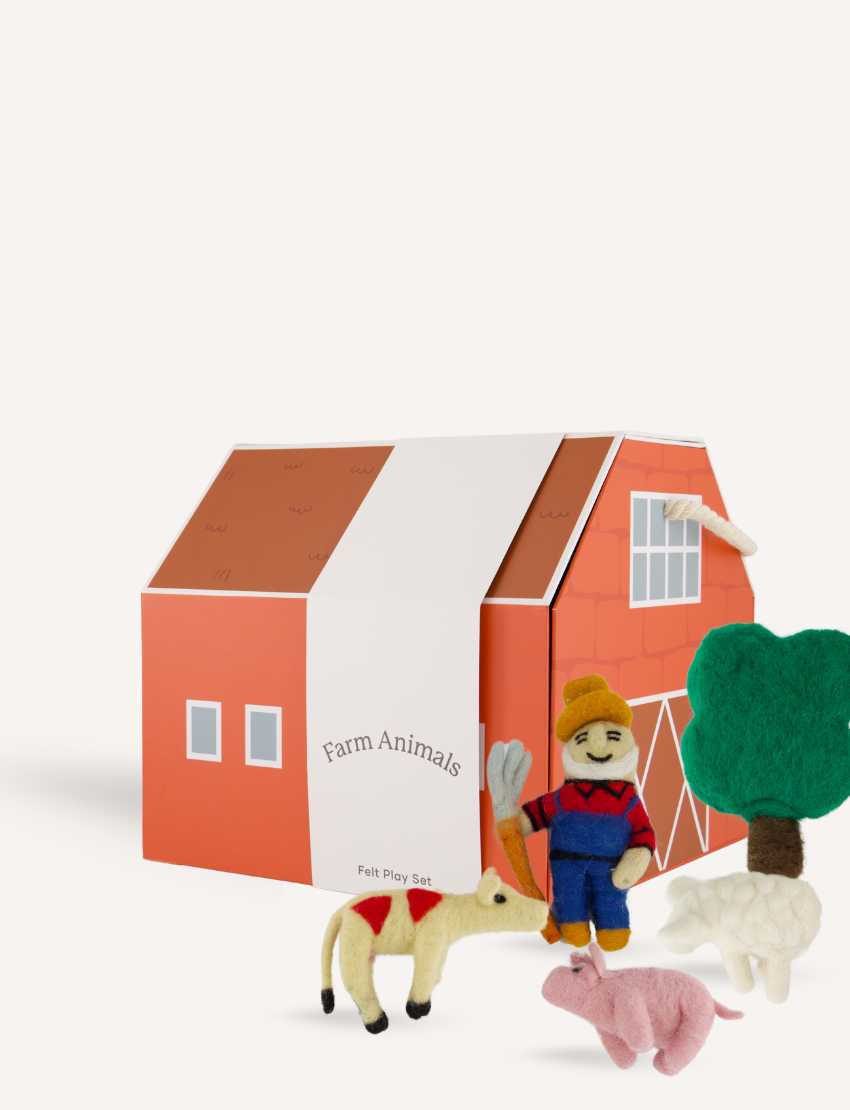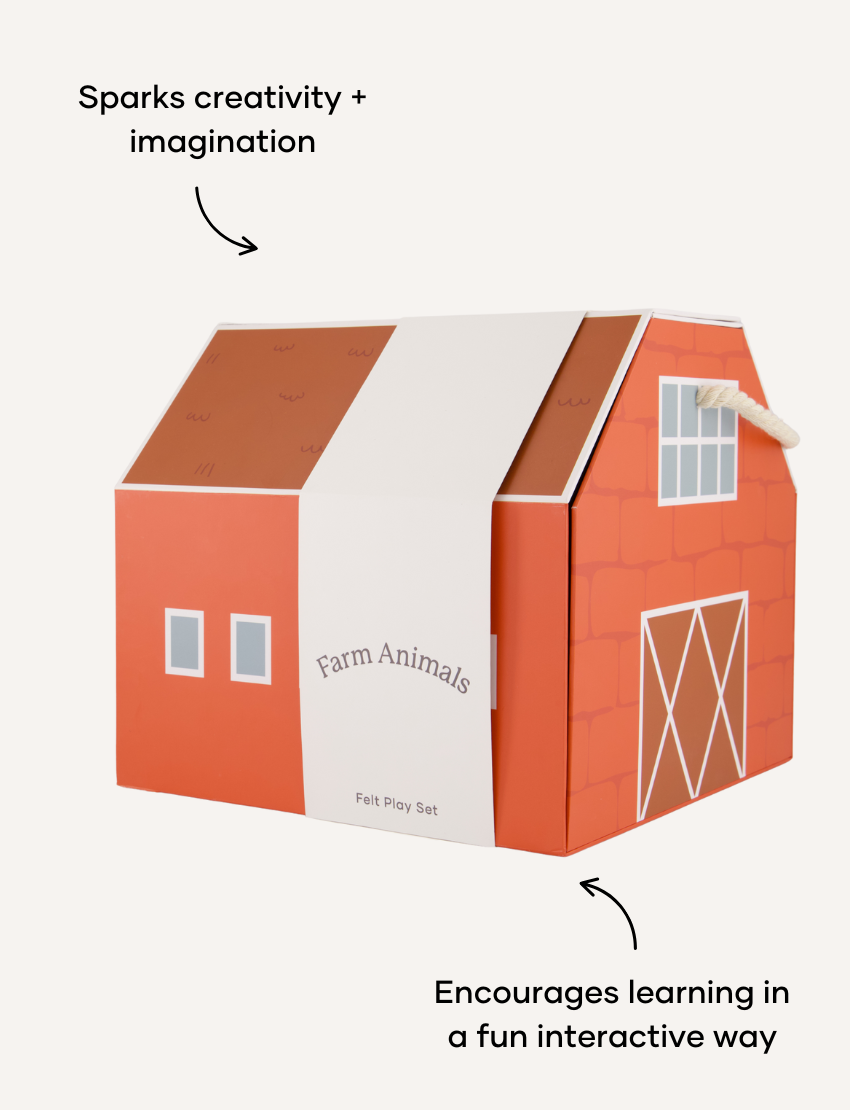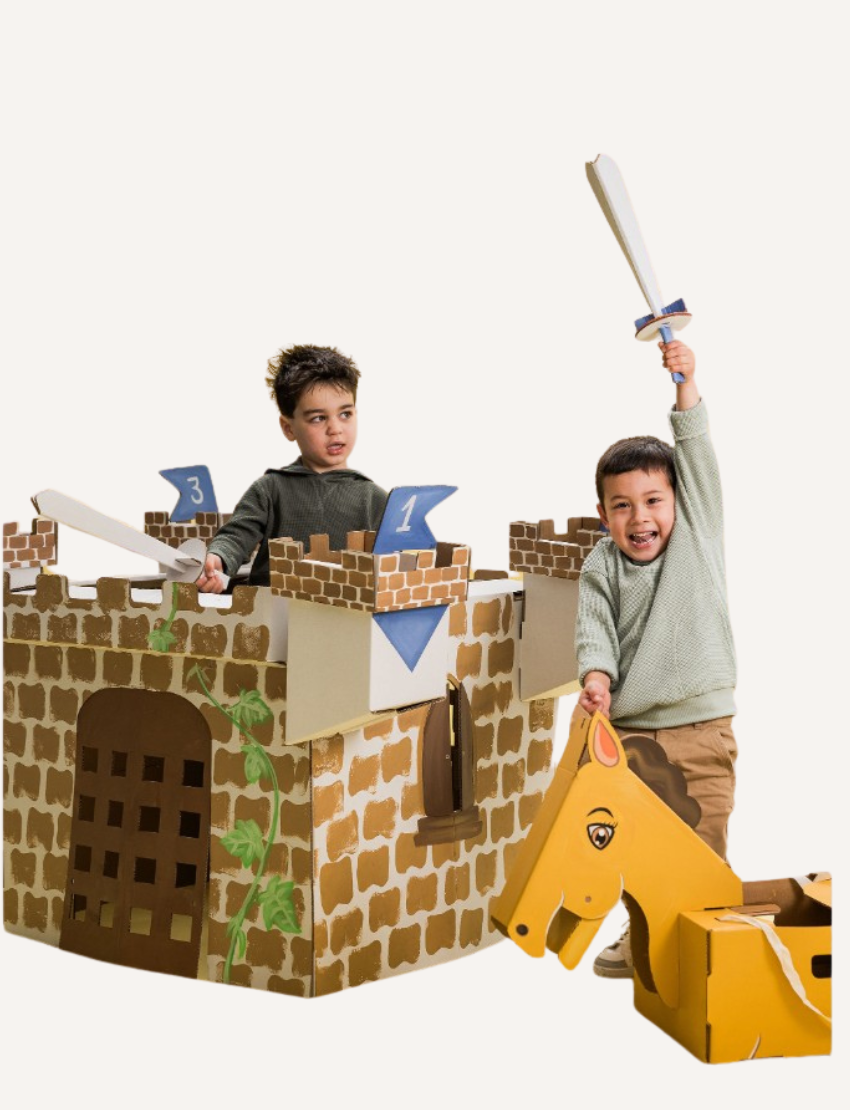Imaginative play is more than just fun; it’s a powerful tool that supports your child’s growth across many areas of development. From building language skills to encouraging empathy, pretend play lays the foundation for learning in a joyful and meaningful way. Let’s explore why play matters and how you can support it at home.
Cognitive Benefits
Pretend scenarios encourage children to solve problems and think critically, enhancing decision-making and flexible thinking. Creating stories, characters, and imaginary worlds nurtures creativity and innovation, helping kids become natural storytellers and thinkers.
Language Benefits
Play-based interactions help children develop language and communication skills. Activities like playing "ice cream shop" or "doctor" expose children to new vocabulary, question forms, and sentence structures, broadening their expressive and receptive language.
Social & Emotional Benefits
Through role-playing real-life scenarios, children learn social norms and emotional regulation. Imaginative play encourages self-control, as children follow rules and roles within their made-up stories. Taking on different roles like astronauts, teachers, or superheroes, helps build empathy and appreciation for diversity. Playing with others teaches valuable social skills like sharing, cooperation, and negotiation. Most importantly, pretend play offers a safe space for expressing and processing emotions, helping children understand their own feelings.
Ways to Spark Imaginative Play at Home
You don’t need fancy toys to inspire creativity. Everyday items, cardboard boxes, or a blanket over a chair can become the stage for exciting new worlds.
1. Role-Playing
Set up simple scenes like a kitchen, doctor’s office, or grocery store and let your child step into different roles.
2. Dress-Up Time
Provide costumes, hats, scarves, and accessories to help children transform into new characters.
3. Puppet Show
Create a stage and bring characters to life with puppets. You can create your own simple hand puppets at home. It’s great for storytelling and language skills.
4. Superhero Training Camp
Design an obstacle course and let your child become a superhero in training. Add capes, masks, and missions for extra fun.
5. Imaginary Tea Party
Host a tea party with pretend cups and snacks. It’s a gentle, calming way to explore imagination and social etiquette.
6. Space Exploration
Turn boxes or furniture into a spaceship and blast off to imaginary planets, meeting aliens and collecting space rocks.
7. Toy Rescue Mission
Give your child a mission to “rescue” toys from a problem or “danger.” It’s a great way to foster problem-solving and storytelling.
Playing With Your Child: Simple Tips
Want to get involved in your child’s play without taking over? Here are a few gentle ways to support and engage:
1. Follow their lead
Let your child’s imagination guide the play. Show interest in their ideas.
2. Respond warmly
Acknowledge all attempts to communicate, even nonverbal ones.
3. Get on their level
Sit or kneel so they can see your face and feel connected.
4. Wait and watch
Give your child time to think and act before jumping in.
5. Model language
Describe what your child is doing and offer simple words or phrases they might use.
Imaginative play is one of the richest ways children learn and grow. By supporting it at home, you're giving your child space to explore, express, and experiment. These are skills they'll carry with them for life. So grab a cape, pour some invisible tea, and let the adventure begin.





